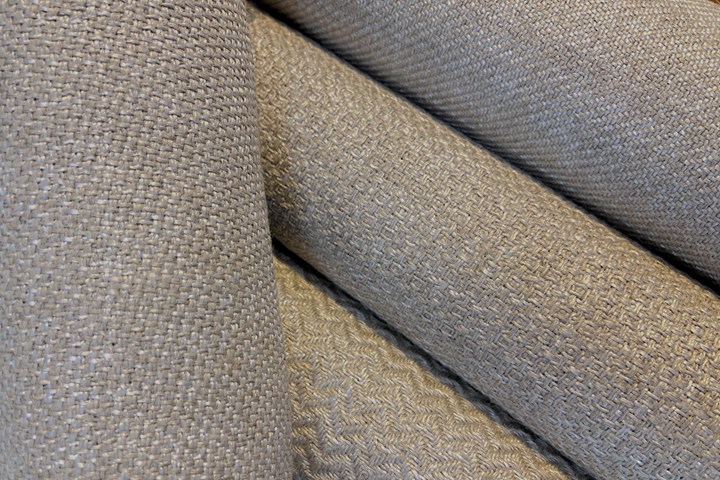Porcher Industries strengthens partnership with Terre de Lin
Technical and commercial cooperation enables Terre de Lin to deliver flax rovings to Porcher for the production of woven Polypreg Flax/TP composite reinforcements.
Share
Technical textiles and high-performance thermoplastic composites company Porcher Industries (Eclose-Badinières, France) strengthens its partnership with Terre de Lin (Normandy, France), a global flax fiber producer. This non-exclusive technical and commercial cooperation aims to develop sales of flax fiber-based reinforcements for thermoplastic composites implemented by thermocompression.
Novel Polypreg Flax/TP thermoplastic composite reinforcements, woven by Porcher Industries using flax rovings from Terre de Lin, are said to constitute lightweight bio-reinforcement options for making parts with a variety of semi-structural appearances via ultrafast thermocompression.
TDL Technique, a subsidiary of Terre de Lin, is currently developing flax/thermoplastic rovings, aiming to bring increased productivity to the use of flax fiber in composites and better manage the end of life for recycling.
Both companies believe that this environmentally conscious range of materials is the answer to increasing designer demands for composite parts that are simultaneously modern, attractive, durable and immediately recognizable as natural. By developing this type of solution, Porcher Industries wishes to contribute positively in the fields of three of its clients regarding their greenhouse gas evaluation.
“This partnership allows Porcher Industries to guarantee very large volumes for top vehicle and aeronautics suppliers, as well as sports brands seeking this high-performance thermoplastic material with a lower environmental impact and which is easily recyclable,” Pascal Joubert des Ouches, marketing director of Porcher Industries, notes.
Related Content
-
MFFD thermoplastic floor beams — OOA consolidation for next-gen TPC aerostructures
GKN Fokker and Mikrosam develop AFP for the Multifunctional Fuselage Demonstrator’s floor beams and OOA consolidation of 6-meter spars for TPC rudders, elevators and tails.
-
PEEK vs. PEKK vs. PAEK and continuous compression molding
Suppliers of thermoplastics and carbon fiber chime in regarding PEEK vs. PEKK, and now PAEK, as well as in-situ consolidation — the supply chain for thermoplastic tape composites continues to evolve.
-
Combining multifunctional thermoplastic composites, additive manufacturing for next-gen airframe structures
The DOMMINIO project combines AFP with 3D printed gyroid cores, embedded SHM sensors and smart materials for induction-driven disassembly of parts at end of life.

















